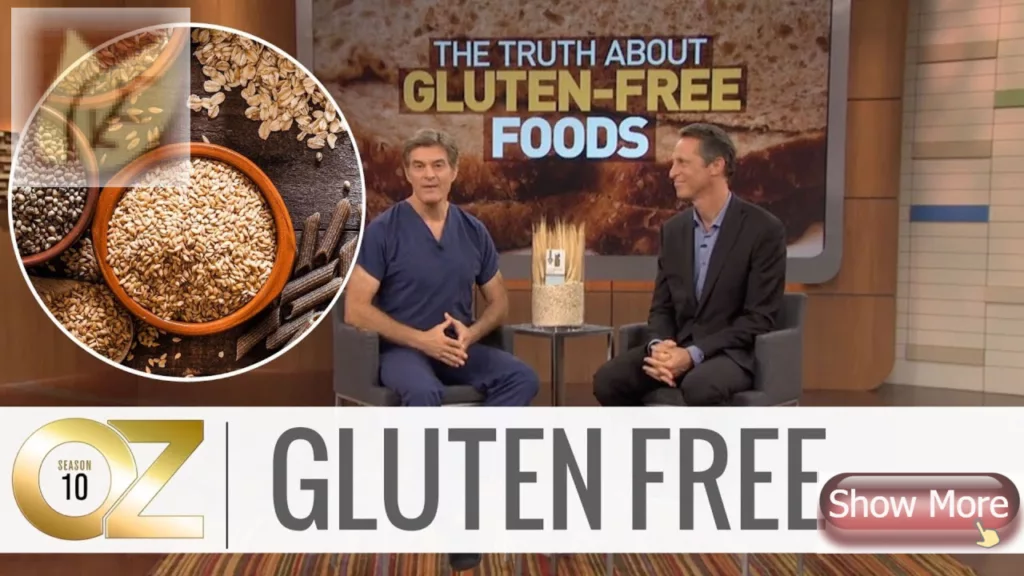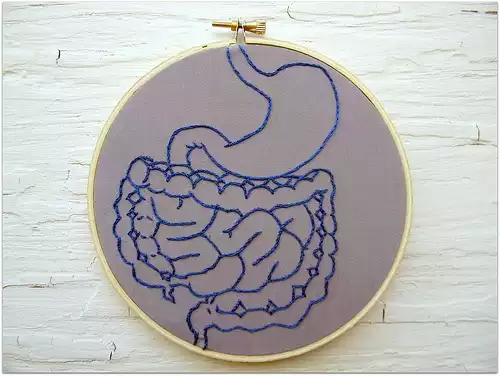The Dangers of Going Gluten Free
When you are going gluten-free, it may seem like it’s all good. You may want to read further to see the Dangers of Going Gluten Free.
What is gluten?
Gluten is the general term for proteins found in grains such as wheat, rye, barley and hybrids. Glutenins and gliadins are the two main proteins that cause the most adverse health effects, particularly for celiac patients.
How did we survive in the old days?
In the past there were no gluten-free or vegan nutrition alternatives on a restaurant menu.To manage celiac disease, many people reduce their food pleasure and lose weight due to digestion issues. Celiac disease affects a significant portion of the global population..
Today, eating gluten-free is so popular it is hard to remember the days when people gorged on the breadbasket. It seems like the healthier choice, even for those who have no present-day digestive difficulties.
The Dangers of Going Gluten Free Truth, or are they exaggerating?
People insist it is what makes them drop the final five pounds and makes their skin glow and their sex life thrive. However, recent research is showing that this may not be true.
Let’s just clear some things up
Contrary to modern day beliefs, most people can tolerate gluten (the protein in wheat and other grains).
The only way to tell if you are an exception is to consult your family physician. Why not give it a whirl in the meantime, joining the cool kids in the trendy gluten-free world? Just keep up to date on The Dangers of Going Gluten Free.
Gluten-free and low-carb diets often lack important nutrients like iron, calcium, and vitamin B12.
It is worth remembering that processed food is processed food. Gluten-free products may appear to be healthy, but can be devoid of vitamins, minerals and fiber.
Rice and tapioca flour are good alternatives for people with celiac disease.
However, they lack nutritional value when compared to spelt or whole-wheat flour.
They are the updated version of processed white flour.
Doctors believe that the weight loss that occurs when people switch to a gluten-free or low-carb diet is not just due to eliminating a certain ingredient, but also because they stop eating fast food and start paying attention to labels.
There are many unknowns and ongoing research about the dangers of following a gluten-free diet, such as the existence of gluten sensitivity.
BACKGROUND
The prevalence of nonceliac gluten sensitivity is increasing worldwide. However, its clinical features remain unclear.
To evaluate the health benefits and adverse effects associated with a gluten-free diet. DESIGN AND A systematic review was performed using MEDLINE, EMBASE, Cochrane Library, CINAHL Plus, PsycINFO, Web of Science, Scopus, Google Scholar, ClinicalTrials.gov, and International Standard Randomized
Controlled Trial Register databases from inception to June 2016 for randomized controlled trials that compared the efficacy or safety of a gluten-free diet versus placebo/usual care on patients diagnosed with celiac disease or wheat allergy.
DATA COLLECTION AND ANALYSIS
Unlock insights in the gluten-free food and beverage market with our data analysis tools. Stay ahead of the competition and make data-driven decisions.
WHO International Clinical Trials Registry Platform.
We included randomized controlled trials that compared outcomes between patients on a gluten-containing versus gluten-free diets for at least 6 months.
MAIN OUTCOME MEASURES:
Primary outcome measures were gastrointestinal symptoms; secondary outcome measures were quality of life, nutritional status, serum levels of antibodies to gliadin or tissue transglutaminase 2, celiac disease autoantibodies, and intestinal permeability.
Epidemiology and Economics of a Gluten-Free Diet
Celiac Disease on The Dangers of Going Gluten Free
The prevalence of celiac disease has increased dramatically since its first description more than 100 years ago.
CD affects approximately 0.3–0.6% of individuals worldwide; however, it occurs much more frequently among certain ethnic groups: up to 2% of European Caucasians, 1% of African Americans, and 1/100th of Native American populations.
1 In addition, CD may be underdiagnosed because many people do not seek medical attention until they experience complications such as osteoporosis, anemia, infertility, short stature, neurological disorders, or other serious conditions.2
Gluten Free Diet
A GFD can improve the signs and symptoms of CD by reducing inflammation and improving nutrient absorption thus minimizing The Dangers of Going Gluten Free.
The goal of treatment is complete elimination of all dietary sources of gluten from the diet. This includes both processed foods containing added ingredients derived from those grains and naturally occurring gluten found in whole grain products.
It also requires avoiding cross contamination during food preparation. Patients are advised to avoid any product made with flour, including breads, cakes, cookies, crackers, pasta, pizza crust, etc., which contain wheat, barley, or rye.
Gluten and Immunogenicity
A Review for Clinicians
The immune system recognizes proteins through their amino acid sequences; therefore, it can distinguish between self and nonself antigens.
The major histocompatibility complex class II molecules present peptides derived from ingested food protein to CD4+ T cells.
These activated T cells then secrete cytokines that stimulate B cell differentiation into plasma cells producing antibodies against specific epitopes of dietary antigen. In this way, the body’s own immune response produces antibodies directed toward foreign substances that have been consumed.
However, if these same foreign substances persistently enter the digestive tract without being digested, the immune system will recognize them as “nonself” and mount an inflammatory reaction.
This process results in damage to the small intestine mucosa and leads to villous atrophy and crypt hyperplasia.
Gluten and Irritable Bowel Syndrome
Irritable bowel syndrome affects approximately 10% of adults in Western countries. IBS is characterized by abdominal pain associated with altered stool frequency and/or consistency.
The etiology of this disorder remains unknown but it appears to involve multiple factors including diet, genetics, stress, infection, hormones, drugs, toxins, and abnormal gut function. In some cases, there is no apparent explanation for the patient’s complaints.
In a recent study published in The New England Journal of Medicine, researchers at Harvard Medical School reported that patients who followed a strict low-gluten diet experienced significant improvement in gastrointestinal symptoms compared to placebo controls.
Although the authors did not identify the exact mechanism responsible for the beneficial effects observed, they hypothesized that the reduction in intestinal permeability following a GFD could explain why patients on a GFD had fewer episodes of diarrhea and improved overall quality of life.
Nonceliac Gluten Sensitivity
Although the exact mechanism has yet to be determined, several theories exist regarding how gluten might contribute to irritable bowel disease.
One theory suggests that gluten causes intestinal permeability leading to increased bacterial translocation across the intestinal barrier. Another hypothesis proposes that gluten stimulates production of proinflammatory mediators within the intestines resulting in chronic inflammation.
Another possible cause of IBS involves alterations in brain–gut interactions. It has been suggested that people with IBS may experience changes in central nervous system processing of visceral stimuli such as those arising from the stomach and colon.
This alteration would result in inappropriate responses to normal physiological signals which are interpreted as painful sensations.
It should also be noted that although most celiac patients develop diarrhea when ingesting wheat products, other individuals do not exhibit any signs of malabsorption after consuming gluten.







